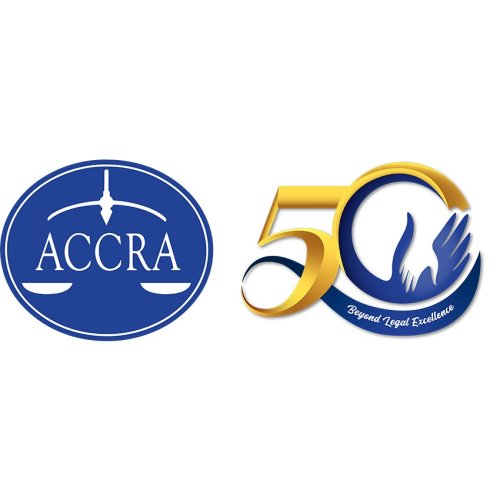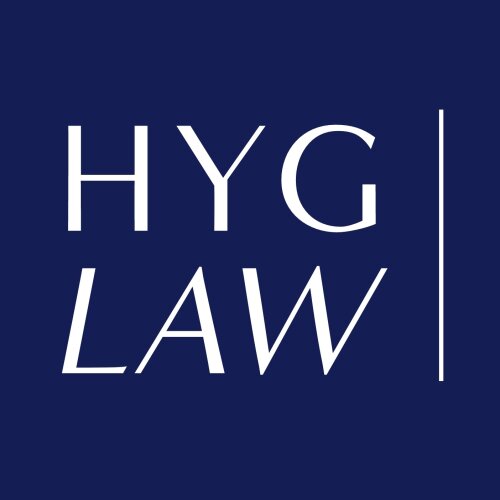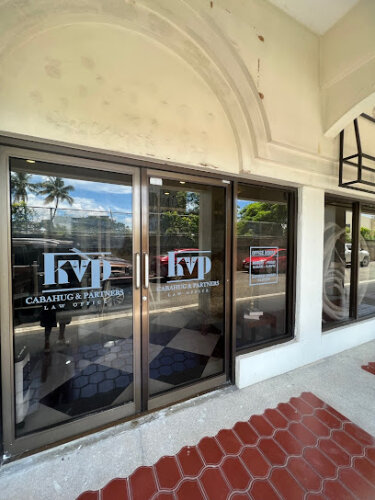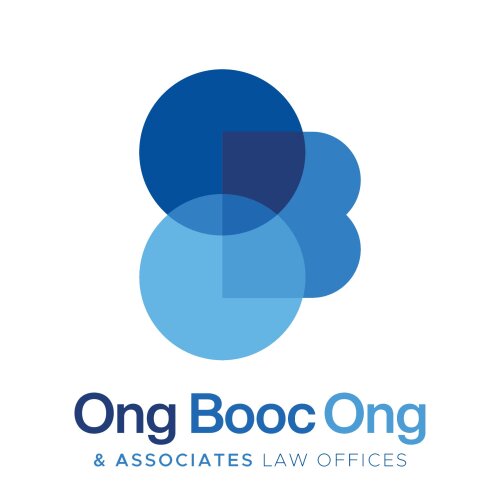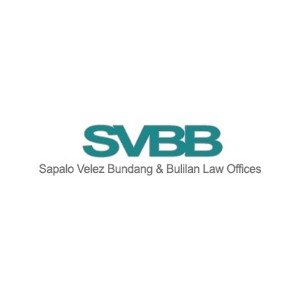Best Copyright Lawyers in Cebu City
Share your needs with us, get contacted by law firms.
Free. Takes 2 min.
List of the best lawyers in Cebu City, Philippines
Philippines Copyright Legal Questions answered by Lawyers
Browse our 1 legal question about Copyright in Philippines and read the lawyer answers, or ask your own questions for free.
- How do I patent/trademark/copyright a Comic/Manga/Video Game Media franchise?
- I am 25 years of age. I was planning on making a fictional work as a franchise. And I want it copyrighted. Before I ever start on spreading my ideas to possibly hired freelancers to create artwork for me, I know that such ideas would be stolen or leaked once... Read more →
-
Lawyer answer by P.O OHIKHENA & Co
Good morning,We can help with your intellectual property management.
Read full answer
About Copyright Law in Cebu City, Philippines
Copyright law in Cebu City, just as in the entire Philippines, is controlled by the Philippines' national laws. The primary legal instrument is the Intellectual Property Code of the Philippines (Republic Act No. 8293). It protects the rights of creators to their work, offering protection from unauthorised reproduction, transformation, and distribution. The scope of copyrights extends to a wide array of creative works including books, music, artworks, films, computer software, and architectural design.
Why You May Need a Lawyer
You may need a copyright lawyer under various circumstances. If you have created a work and wish to ensure your rights are protected, legal advice will be useful in understanding the registration process and any needed documentation. If your copyrighted work has been infringed upon, a lawyer can guide you on how to seek legal recourse. Even businesses that use copyrighted materials need to ensure they are adhering to the law to avoid breach and potential lawsuits.
Local Laws Overview
The Intellectual Property Code of the Philippines broadly governs copyright-related issues. Key provisions include copyright duration- which essentially lasts the creator’s lifetime plus 50 years; the rights of copyright holders- including economic, moral, and neighboring rights; fair use- which allows copyrighted work to be used under certain conditions; and penalties for violations-ranging from imprisonment to significant fines.
Frequently Asked Questions
What is protected under the copyright law in the Philippines?
Copyright law in the Philippines protect original intellectual creations in the literary and artistic domain, including books, music, paintings, sculpture, films, computer programs, and databases.
How long does a copyright last?
Under Philippine law, copyright protections generally last for the lifetime of the creator plus an additional 50 years after their death.
What are the penalties for copyright infringement?
The Philippine law mandates severe penalties for copyright infringement, including imprisonment for a term of one to three years and/or a fine ranging from fifty thousand to one hundred and fifty thousand pesos.
Is there anything like ‘fair use’ in Philippine copyright law?
Yes, the Intellectual Property Code of the Philippines contains a 'fair use' provision which allows limited use of copyrighted materials for criticism, comment, scholarship, research, and similar purposes, without needing permission from the copyright owner.
Do I need to register for copyright?
In the Philippines, copyright takes effect immediately upon the creation of the work. You do not need to register the work with any government office to be covered by copyright law.
Additional Resources
The Intellectual Property Office of the Philippines (IPOPHL) can provide further resources and guidelines. The National Library of the Philippines can also assist in depositing copies of work for further protection.
Next Steps
If you need legal assistance, consider consulting a law firm specializing in Intellectual Property law. Keep all relevant documentation at hand, such as drafts or copies of your original work. Be ready to discuss the specifics of your case, whether it's about protecting your work, addressing alleged infringement, or dealing with a copyright infringement claim.
Lawzana helps you find the best lawyers and law firms in Cebu City through a curated and pre-screened list of qualified legal professionals. Our platform offers rankings and detailed profiles of attorneys and law firms, allowing you to compare based on practice areas, including Copyright, experience, and client feedback.
Each profile includes a description of the firm's areas of practice, client reviews, team members and partners, year of establishment, spoken languages, office locations, contact information, social media presence, and any published articles or resources. Most firms on our platform speak English and are experienced in both local and international legal matters.
Get a quote from top-rated law firms in Cebu City, Philippines — quickly, securely, and without unnecessary hassle.
Disclaimer:
The information provided on this page is for general informational purposes only and does not constitute legal advice. While we strive to ensure the accuracy and relevance of the content, legal information may change over time, and interpretations of the law can vary. You should always consult with a qualified legal professional for advice specific to your situation.
We disclaim all liability for actions taken or not taken based on the content of this page. If you believe any information is incorrect or outdated, please contact us, and we will review and update it where appropriate.





